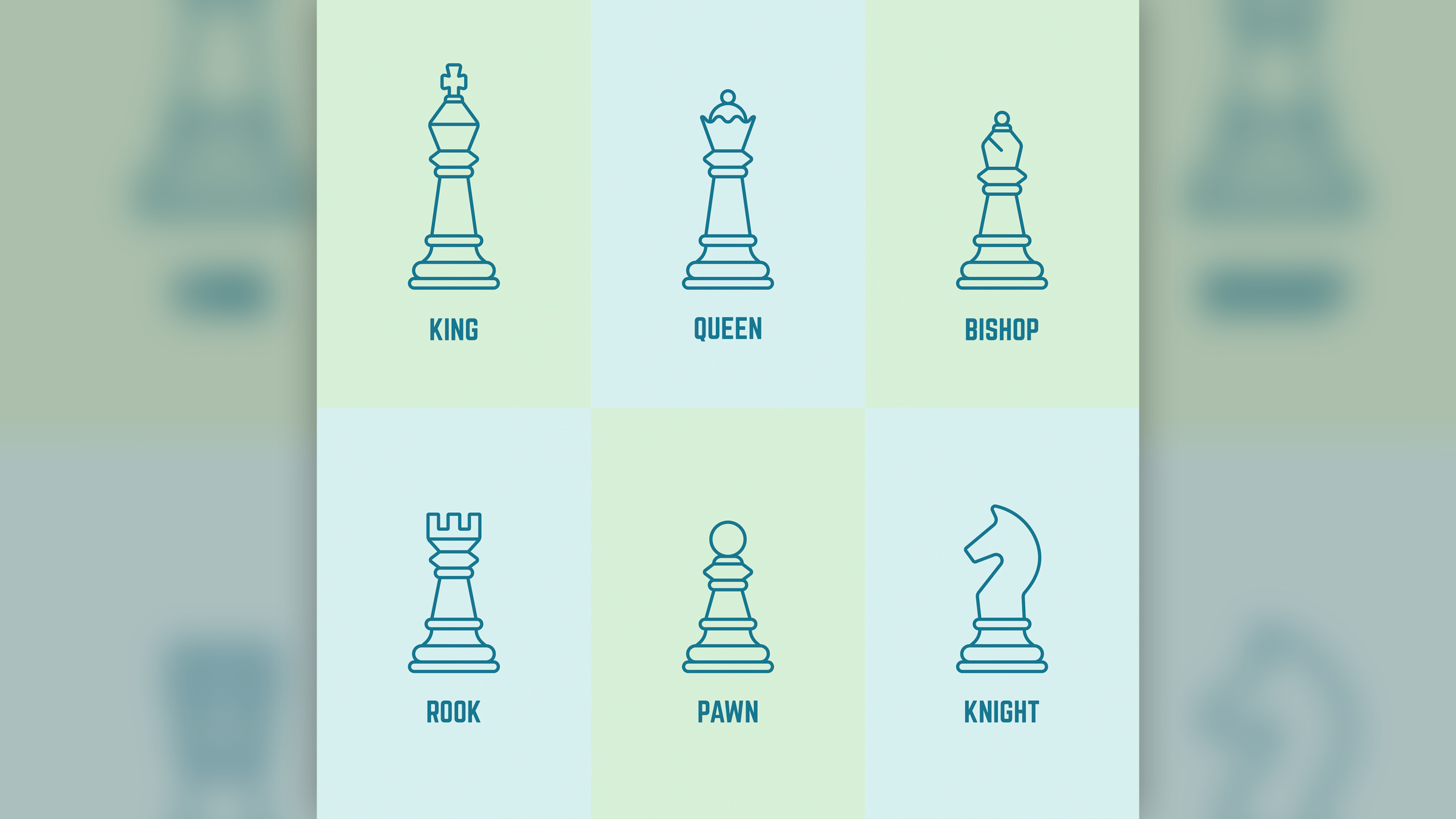
Who invented chess?
It's not a black and white story.

Chess is one of the world's most popular and beloved games. The United Nations estimates that close to 605 million people around the globe — or about 8% of the world population — play it regularly.
While some games slide into obscurity after spending a few years on store shelves, chess has survived the test of time. The game also got a boost from the 2020 Netflix series "The Queen's Gambit," with around 62 million accounts watching the show within its first four weeks. This led to a chess-buying boom, with eBay seeing a 215% increase in chess set sales in the weeks after the show was released.
Chess has been around far longer than any person alive today. But where did the game originate, and how old is it?
Where did chess originate?
The specific origins of chess are, given the game's age, difficult to accurately determine. And, while there is no one person who can be credited as the sole creator of chess, most — though not all — historians think the game originated in India.
Related: What was the largest empire in the world?
"Besides there being historical attributions in India earlier than in the Middle East, I take a nod from linguistics," Kenneth W. Regan, an international chess master and an associate professor of computer science and engineering at the University at Buffalo in New York, told Live Science in an email.
"The modern word 'shatranj,' used in both Farsi and Arabic, derives clearly from the Sanskrit 'chaturanga,'" Regan said. "And that is 'chatur,' the root of Latin 'quattuor,' [meaning] four, plus 'anga,' meaning limbs."
Sign up for the Live Science daily newsletter now
Get the world’s most fascinating discoveries delivered straight to your inbox.
The Sanskrit name "chaturanga" roughly translates to "four members of an army," according to the Online Etymology Dictionary, with the four members being elephants, horses, chariots and foot soldiers. The first chess iterations — including the very earliest known version, which dates to A.D. 760, according to Chess Central — contained chariot and elephant pieces. These were eventually replaced by the rook and bishop, respectively.

While a single individual can't be named as chess' inventor, an ancient legend — an old fable that is not to be taken literally — names Grand Vizier Sissa Ben Dahir as the game's originator. According to the story, he gifted the first chessboard to King Shirham of India, but given the earliest written reference of this tale is from 1256, it is highly likely to not only be apocryphal, but to have no basis in reality.
However, not all historians agree that chess originated in India. In a 1996 essay, Spanish chess player and historian Ricardo Calvo (who died in 2002) wrote that "most certainly it was invented in Iran," a conclusion reached largely on the basis that ancient Persian literature mentions chess prior to it ever being mentioned in Indian literature. The general consensus, however, remains that the game was invented in India; indeed, supporters of the Persian origin story tend to be from Iran, and so may not be entirely impartial.
When was chess invented?
"There is no credible evidence that chess existed in a form approaching the modern game before the 6th century," according to Britannica.
Since that time, the game has evolved, with different cultures introducing both minor and major changes over the centuries.
"All major regional cultures — those rich and unified enough to expand geographically — had their own forms of chess," Regan said, noting that some versions were better than others. "The Arabian games on any size board were fairly plodding," he said. This is largely because the pieces weren't as agile or dynamic as they are today, and as a result many games ended as a draw.
In time, however, chess became more standardized. Regan highlighted the influence of 15th-century mathematician Luca Pacioli, who wrote "De ludo schacorum" ("On the game of chess"). The manuscript, which also became known as "Schifanoia" ("Boredom Dodger"), quickly established itself as something of a chess bible, essentially codifying a game that had, until that point, been subject to a host of regional variances.
"He was an important popularizer," Regan said.
So, why has chess remained popular for so long, and why is it more widely played than other ancient games, such as Go, which is considered the world's oldest board game and has around 60 million regular players — one-tenth the number of chess players?
"Chess is a game you can enjoy at many levels of competence," Regan said. "The saying is, 'Chess is a pond in which a gnat may drink and an elephant may bathe.'" Go is harder (for me) than chess. Go is innately a deeper and more challenging game. My head hurts after a casual game of Go, but it doesn't with chess!"
Originally published on Live Science on Jan. 22, 2012, and rewritten on July 27, 2022.

Joe Phelan is a journalist based in London. His work has appeared in VICE, National Geographic, World Soccer and The Blizzard, and has been a guest on Times Radio. He is drawn to the weird, wonderful and under examined, as well as anything related to life in the Arctic Circle. He holds a bachelor's degree in journalism from the University of Chester.









